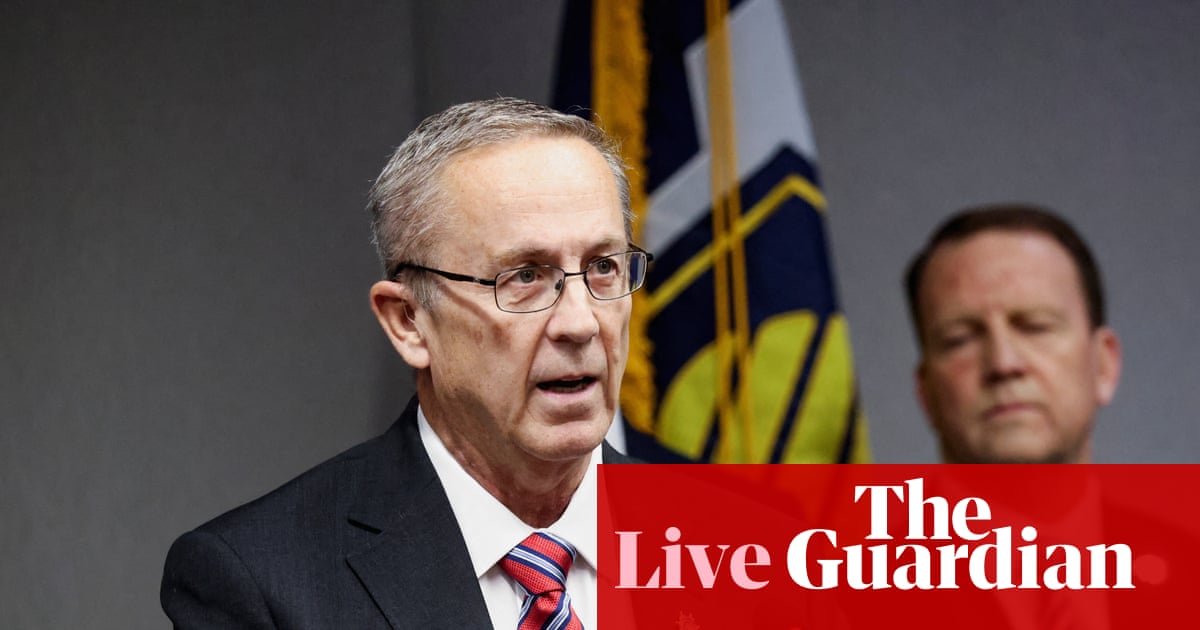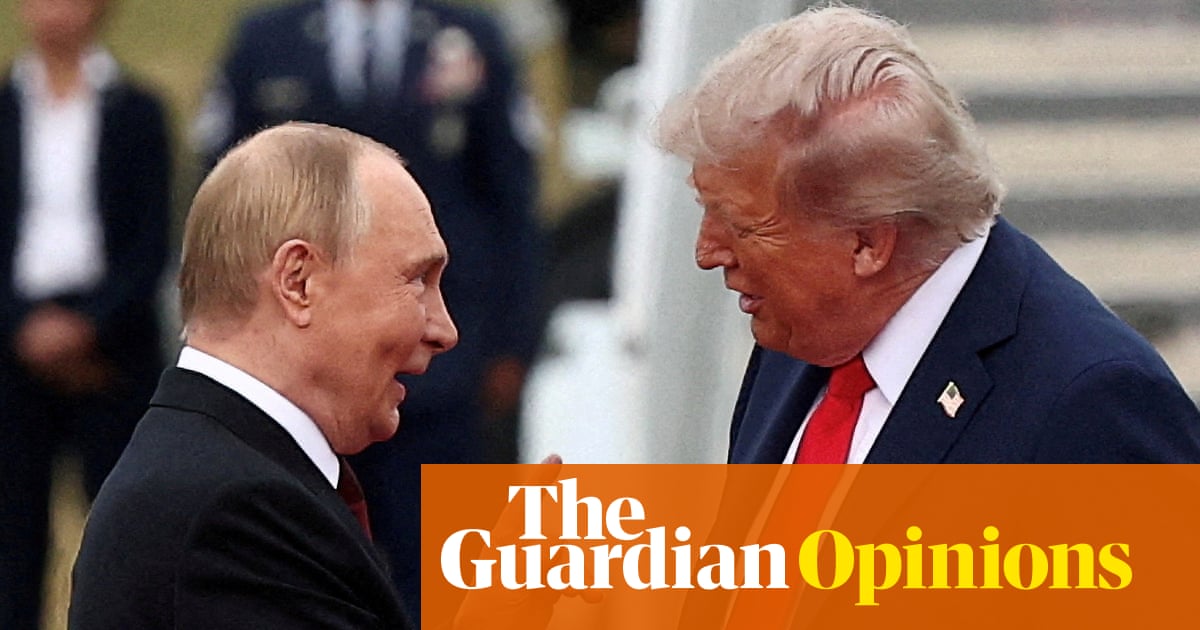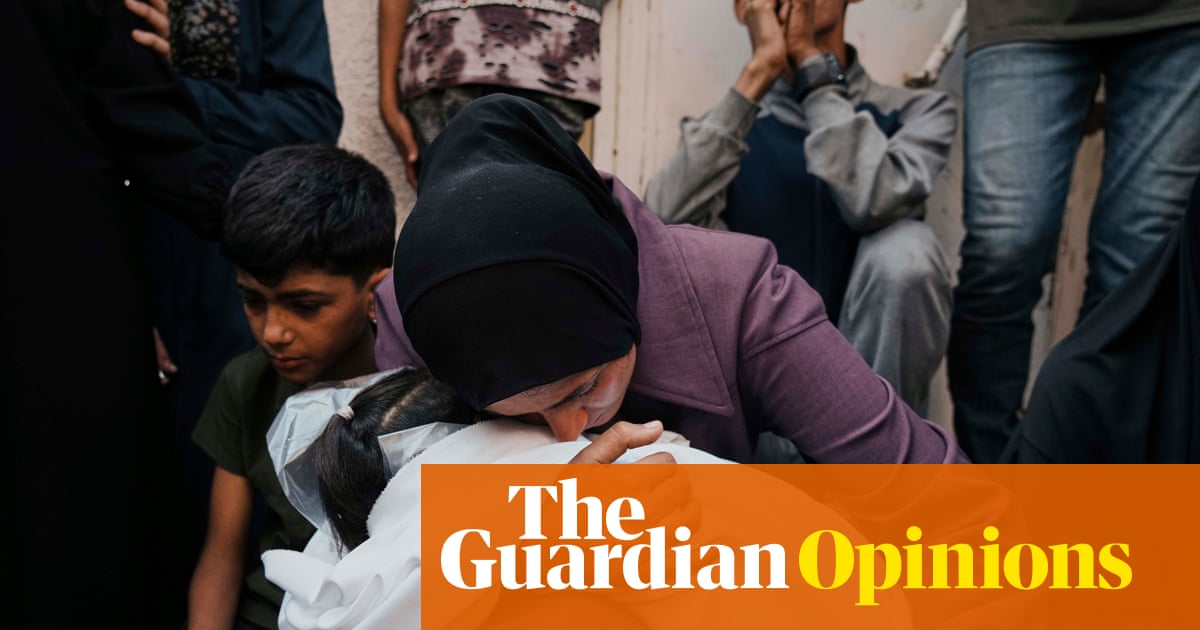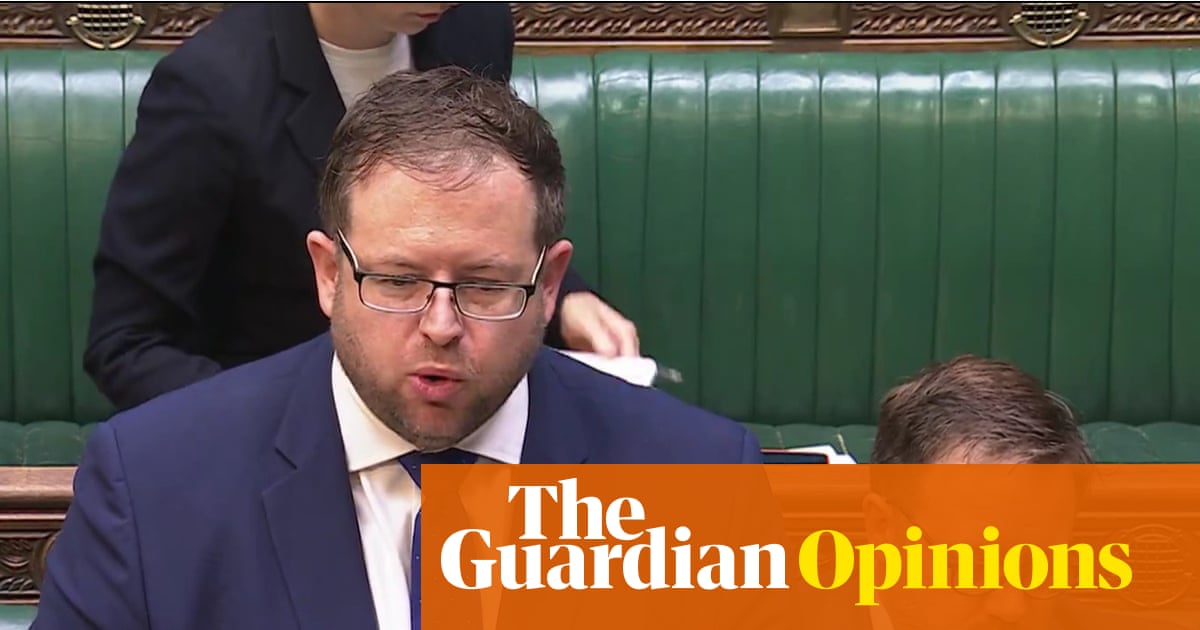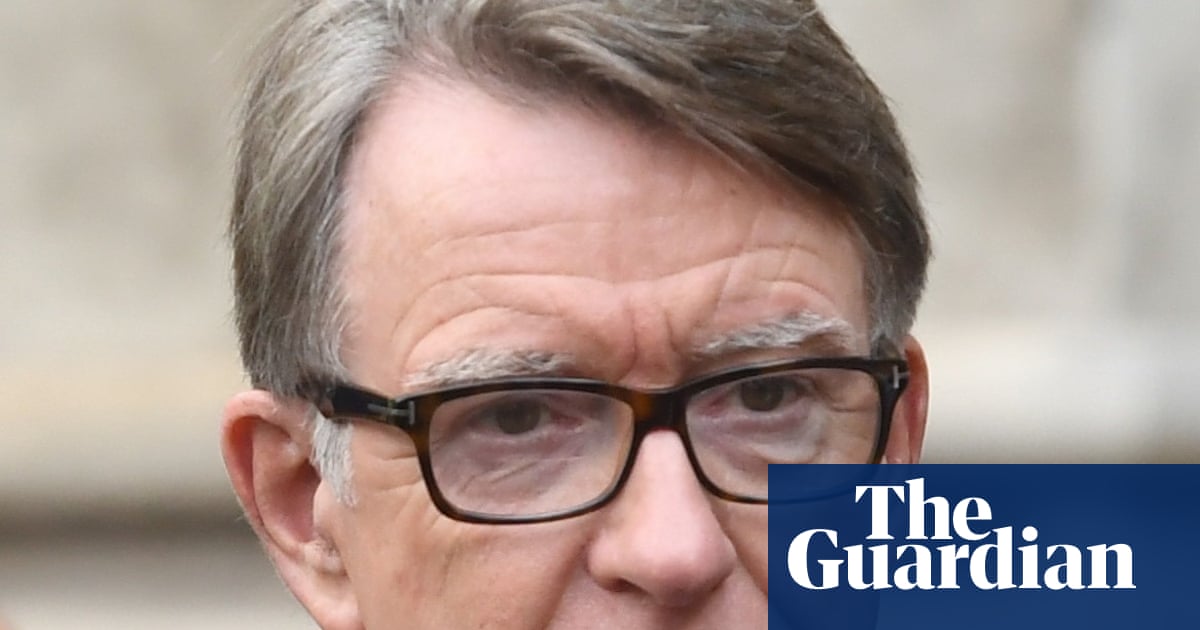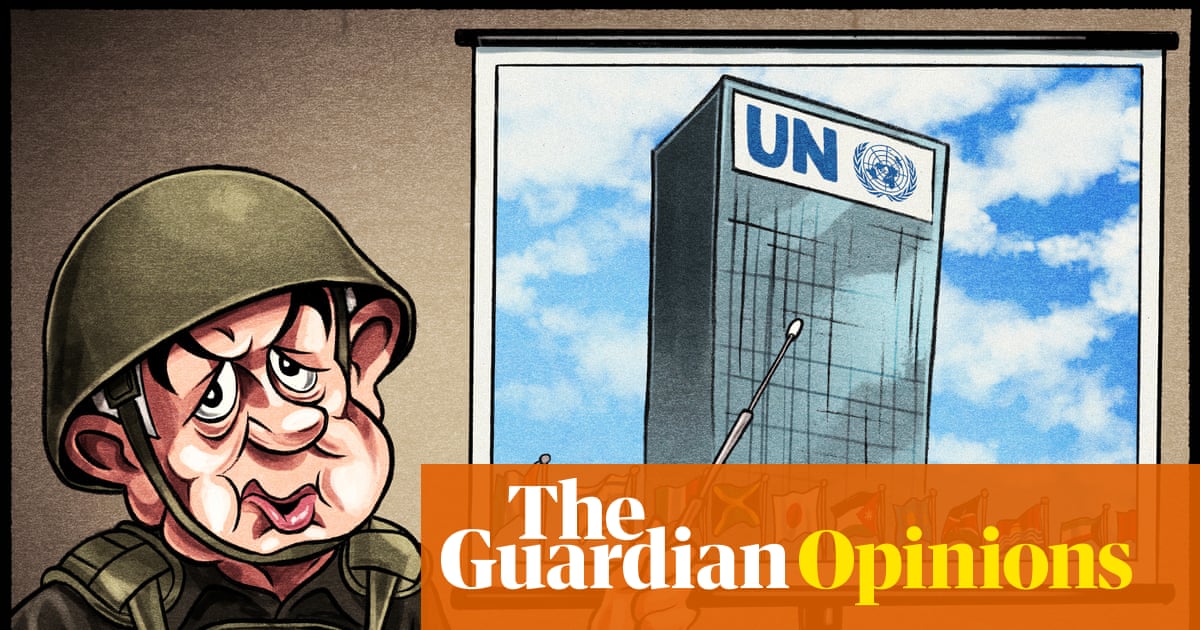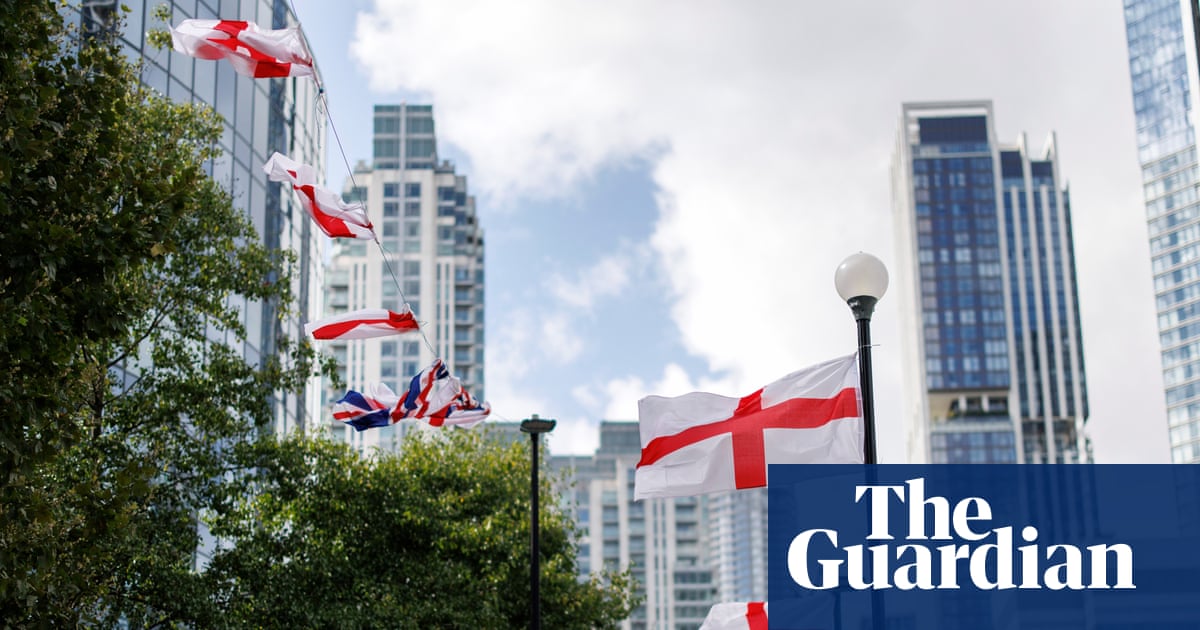Next week, the United Nations is convening a high-level conference to discuss the Peaceful Settlement of the Question of Palestine. One might assume that, in the face of Israel’s ongoing starvation and carnage in Gaza, states are gathering to mount a decisive, coordinated response to force Israel to cease fire and allow aid into the strip. They are not. Instead, the global community is assembling to revive the tired framework of the two-state solution, with some states perhaps opting for the mostly symbolic gesture of recognizing a Palestinian state.
Co-chaired by France and Saudi Arabia, the convening parties reaffirm the idea that the two-state solution is “the only viable path to just, lasting and comprehensive peace”. But France itself has reportedly backed away from its plan to recognize a Palestinian state even before the conference began. The two-state solution has become little more than a diplomatic theater, an incantation repeated with no intention, even according to its most passionate supporters.
As Palestinians are undergoing a genocide in Gaza – a characterization now in near consensus among legal and genocide experts – the revival of the two-state language reads like a smokescreen.
Last year, amid a crescendo in calls for the two-state solution, Israel approved the largest land theft in the West Bank in over three decades, further fragmenting the occupied territory and obliterating any meaningful prospect for a sovereign Palestinian state in it. The two-state solution has not only become detached from reality, but for too long steered the discussion away from reality itself.
This is not an isolated development. Since the launch of the so-called peace process in the mid-1990s, Israeli settlements, always expanding and always with settler violence, have multiplied at breakneck speed, rather than the opposite. Just last month, Israel approved a plan for 22 new settlements in the West Bank. These decades of settlement expansion and de facto annexation have effectively gutted any viable basis for the two-state paradigm, even according to its own metrics.
The truth is that the two-state solution has become a delusion – a mantra repeated to mask an entrenched one-state reality. From the Jordan River to the Mediterranean Sea, Israel controls the lives of all Palestinians, without equal rights, without equal representation, and with a system built to preserve Jewish supremacy. This system has long constituted apartheid, now affirmed as such by the international court of justice for violating prohibitions on racial segregation and the crime of apartheid.
And yet the two-state delusion persists. This mantra continues to prop up the illusion that Israeli occupation is on the brink of ending – if only more states recognize the Palestinian state and if only Palestinians and Israelis would just sit down and talk. But three decades of so-called peace negotiations have yielded nothing but deeper entrenchment of Israeli occupation, systematic land theft and escalating subjugation of Palestinians.
Despite this, most states – including the unelected Palestinian Authority – cling to the two-state delusion as if it were around the corner, and as if it could finally deliver justice and peace. It won’t.
It’s time for the international community to confront the simple truth: the two-state solution is not just a fantasy – it has always been a misdiagnosis. If world leaders are serious about resolving the question of Palestine, they must abandon failed frameworks and confront root causes.
That begins with the Nakba.
Arabic for “catastrophe”, the Nakba refers to the process culminating in 1948, when Zionist militias displaced more than 750,000 Palestinians from their homes and destroyed more than 530 Palestinian villages to establish the state of Israel. But 77 years later, it’s clear the Nakba was not just an event – it was the instantiation of a new structure.
Put simply, the Nakba never came to an end.
The 1948 Nakba inaugurated a regime that continues to destroy, fragment and reconfigure Palestinian life. It is a process premised on ongoing displacement and dispossession. But that is not all. Today, what may be called the Nakba regime not only sustains the world’s longest refugee crisis since the second world war, but it also stratifies Palestinians into a legal caste system: citizens of Israel, residents of Jerusalem, West Bankers, Gazans and refugees – each subject to a different kind of violence, all designed to obstruct Palestinian self-determination.
A reckoning with the Nakba is long overdue. It brings to the surface vital and unresolved legal, moral and historical questions: the status of lands conquered in 1948, the right of return for refugees, the inferior status of Palestinian citizens of Israel and the universal right of Palestinians to self-determination, regardless of where they live or what legal category they fall into.
For decades, world governments have dodged these questions in favor of two-state delusions. But progress demands clarity, not just comfortable mantras.
In protests, people often chant, “No justice, no peace” – a reminder that these concepts are not synonymous. In Palestine, this slogan speaks to a deeper truth: with or without statehood, the Palestinian cause will endure if its origins are not addressed.
Reckoning with the Nakba is a prerequisite for justice, let alone peace. Until states face this basic premise – and act on it – the reality on the ground will continue to defy any high-level diplomatic gathering. The two-state solution will remain what it has always been: a delusion.
-
Rabea Eghbariah is a human rights lawyer and a doctoral candidate at Harvard Law School

.png) 3 months ago
31
3 months ago
31




